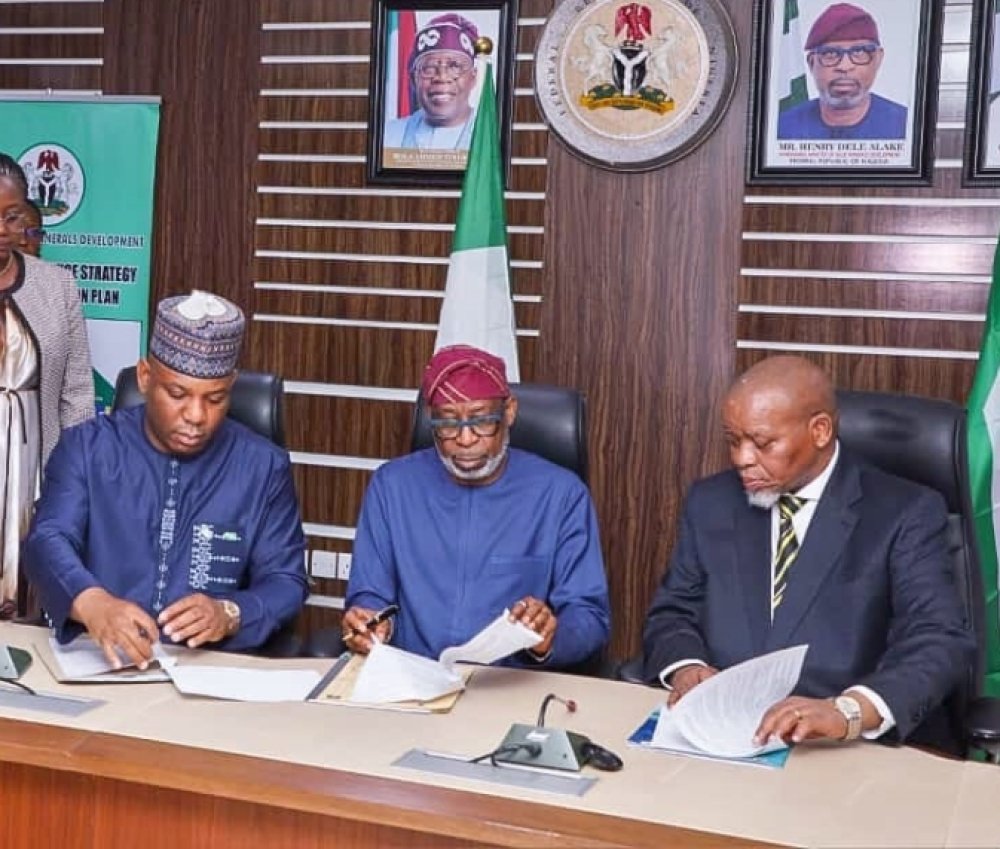Mining Tenders in Africa
Mining Tenders in Africa: Unlocking Opportunities for Investment and Development
Mining tenders are a critical component of Africa’s mining industry, offering opportunities for companies to secure contracts, explore untapped mineral reserves, and contribute to economic growth. These tenders are issued by governments, private companies, or international organizations seeking partners to develop mining projects, supply equipment, or provide specialized services. In this blog post, we will explore the significance of mining tenders in Africa, the process of securing them, key countries and projects, and how they drive investment and development across the continent.

The Importance of Mining Tenders in Africa
Mining tenders play a pivotal role in Africa’s mining sector by:
- Attracting Investment : Tenders invite global and local companies to invest in exploration, extraction, and processing projects.
- Promoting Transparency : Competitive bidding ensures fair allocation of resources and reduces corruption.
- Driving Economic Growth : Successful tenders create jobs, infrastructure, and export revenues, benefiting host countries.
- Encouraging Innovation : Companies competing for tenders often propose advanced technologies and sustainable practices to stand out.

The Process of Securing Mining Tenders
1. Identification of Opportunities
Companies monitor government portals, industry publications, and tender platforms to identify available opportunities. Key sources include:
- National mining ministries (e.g., South Africa’s Department of Mineral Resources and Energy).
- International organizations like the African Development Bank (AfDB) and the World Bank.
- Private companies issuing tenders for specific services or equipment.
2. Preparation of Proposals
Bidders must submit detailed proposals outlining their qualifications, technical expertise, financial capacity, and proposed methodologies. Proposals often include:
- Exploration plans and feasibility studies.
- Environmental impact assessments (EIAs).
- Community engagement strategies.
3. Evaluation and Awarding
Government agencies or private entities evaluate bids based on criteria such as cost, technical capability, environmental compliance, and alignment with national development goals. The winning bidder is awarded the contract or license.
4. Implementation and Monitoring
Once awarded, companies must adhere to agreed timelines, budgets, and regulatory requirements. Regular monitoring ensures compliance and accountability.
Key Countries Offering Mining Tenders
1. South Africa
- Minerals : Gold, platinum group metals (PGMs), coal, diamonds, and manganese.
- Tender Highlights : South Africa frequently issues tenders for deep-level mining projects, renewable energy integration, and land rehabilitation programs.
2. Democratic Republic of Congo (DRC)
- Minerals : Cobalt, copper, and coltan.
- Tender Highlights : The DRC regularly invites bids for cobalt and copper exploration, particularly in the mineral-rich Katanga region.
3. Zambia
- Minerals : Copper and emeralds.
- Tender Highlights : Zambia seeks investors for copper mining projects and infrastructure development to support its mining sector.
4. Namibia
- Minerals : Uranium, rare earth elements (REEs), and diamonds.
- Tender Highlights : Namibia offers tenders for uranium exploration and downstream processing of rare earth elements.
5. Ghana
- Minerals : Gold and bauxite.
- Tender Highlights : Ghana focuses on attracting foreign investment for gold mining and refining projects.
Notable Mining Projects Through Tenders
1. Kamoa-Kakula Copper Project (DRC)
- Issued through tenders, this project is one of the world’s largest undeveloped copper deposits. It has attracted significant investment from global mining giants like Ivanhoe Mines.
2. Mponeng Gold Mine Expansion (South Africa)
- AngloGold Ashanti issued tenders for expanding the Mponeng mine, the world’s deepest gold mine, to extend its operational life.
3. Lubambe Copper Mine (Zambia)
- This project was awarded through competitive bidding, enabling the development of a high-grade copper deposit in Zambia’s Copperbelt region.
4. Husab Uranium Mine (Namibia)
- Tenders were issued for the construction and operation of this mine, which is now one of the largest uranium mines globally.
Benefits of Mining Tenders
1. Economic Development
Mining tenders generate revenue for governments through taxes, royalties, and fees, which can be reinvested in public services and infrastructure.
2. Job Creation
Successful tenders lead to employment opportunities for local communities, from skilled roles like engineers to unskilled labor positions.

3. Infrastructure Development
Mining projects often require roads, railways, and power plants, fostering regional development and connectivity.

4. Sustainable Practices
Tenders increasingly emphasize eco-friendly solutions, ensuring that mining activities align with global sustainability standards.
Challenges in the Mining Tender Process
1. Regulatory Uncertainty
Frequent changes in mining laws and inconsistent enforcement create unpredictability for bidders.
2. Corruption Risks
Despite efforts to promote transparency, corruption remains a concern in some regions, undermining fair competition.
3. High Costs
Preparing competitive bids requires significant upfront investment in feasibility studies, environmental assessments, and legal fees.
4. Community Resistance
Conflicts with local communities over land use and benefit-sharing can delay or derail tendered projects.
Frequently Asked Questions (FAQs)
Q1: What are mining tenders?
A1: Mining tenders are formal invitations for companies to bid on contracts or licenses to explore, extract, or process minerals in a specific area.
Q2: How can companies find mining tenders in Africa?
A2: Companies can monitor government portals, industry publications, and tender platforms like TendersInfo , UN Global Marketplace , and AfDB procurement notices .
Q3: What are the main challenges in securing mining tenders?
A3: Challenges include regulatory uncertainty, high costs, corruption risks, and community resistance.

